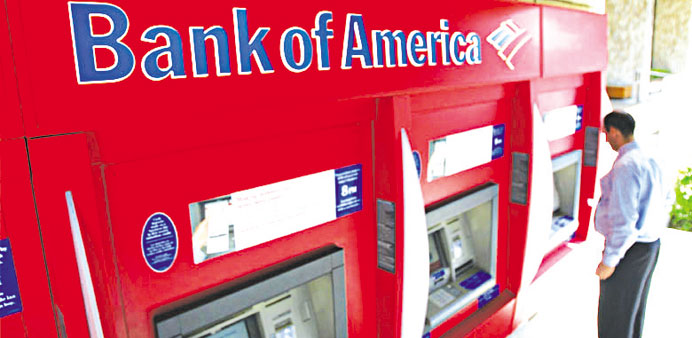Bank of America’s game of legal Whac-A-Mole isn’t over yet. Fortunately for investors, there are fewer of the critters to worry about.
Bank of America said last Wednesday it would pay $9.3bn to settle claims it sold faulty mortgage-backed securities to Fannie Mae and Freddie Mac. That is a big hit even for BofA. It amounts to more than four-fifths of last year’s net income. Excluding a portion of the deal related to the repurchase of securities, the settlement is about equal to the bank’s entire 2013 litigation expense.
After taxes, BofA estimates the settlement will cut first-quarter income by 21 cents a share. It is surely coincidental that BofA announced the settlement on Wednesday at the same time investors were preoccupied with the release of Federal Reserve stress-tests results.
There is a silver lining: Investors are finally able to quantify the hit from the legal action, brought by the government overseer for Fannie and Freddie. This revolved around $55.7bn of mortgage-backed securities and had produced a wide range of liability estimates.
Somewhat easing the blow, the $9.3bn figure includes BofA purchasing $3.2bn of mortgage-backed securities from Fannie and Freddie. Those securities could produce income, although they still could cause losses and may be more expensive to hold from a capital perspective.
More importantly, the settlement puts to rest yet another legal threat, not that the bank is in the clear. BofA still faces legal challenges related to mortgages, including lawsuits by AIG, the Federal Home Loan Banks, and the Justice Department. And newer investigations into alleged interest-rate and foreign-exchange shenanigans may indicate heightened legal expenses have become a long-term feature of the business of banking.
But having now shelled out about $60bn to settle claims or repurchase mortgage bonds in recent years, BofA may be able to say the worst is indeed behind it.

